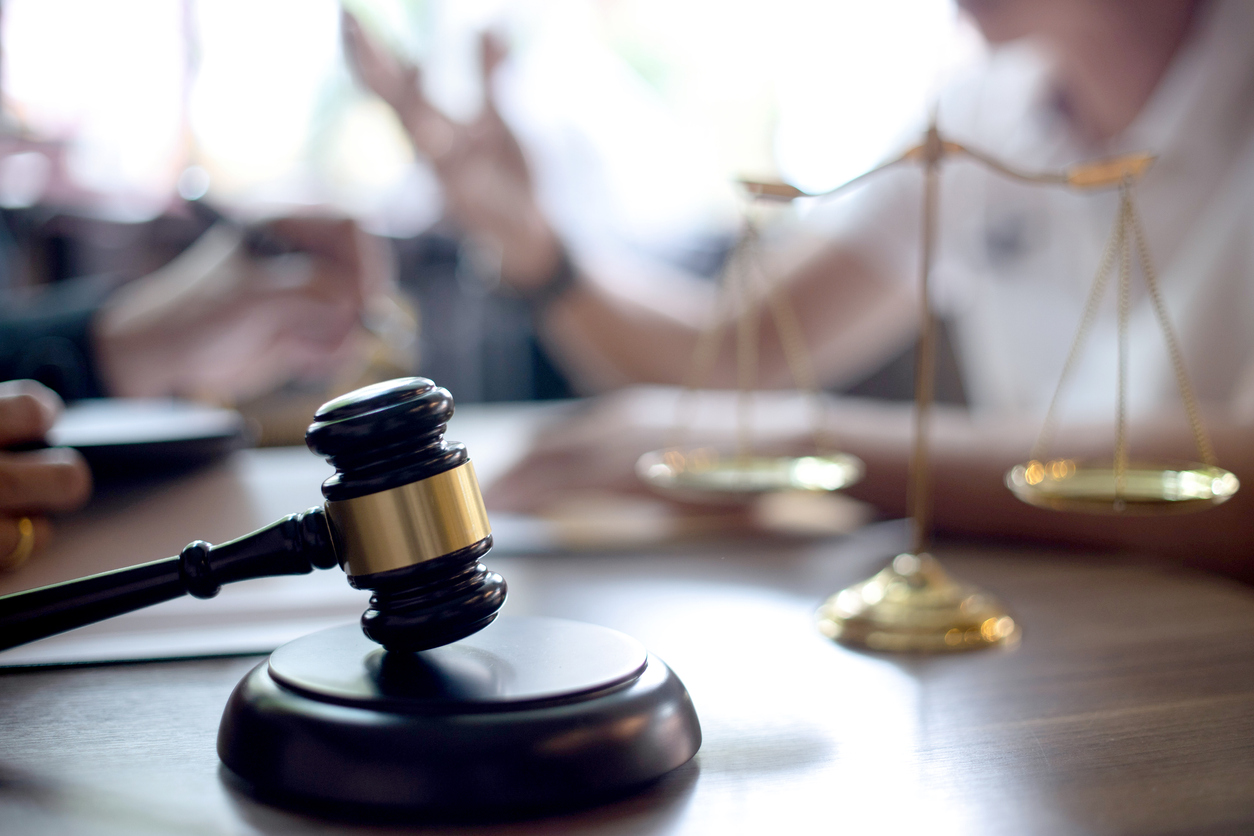What Happens When Your Company Gets Sued?

As the director or officer of a company, you have certain roles and responsibilities to fill. This typically includes being held accountable for policies or actions done in the name of the firm. Unfortunately, this could sometimes mean being the primary defendant in a lawsuit filed against your company.
What do you do when faced with these circumstances? What can you expect when a lawsuit is filed against your company naming you as the primary defendant?
The good news is that, in most cases, you will not be personally liable. This is because there are policies and laws in place that protect you and your personal assets from the consequences of legal prosecution. You may also be protected by D&O Insurance, which could cover you from potential liabilities resulting from carrying out your duties.
Of course, there are exceptions to every rule. Some actions you undertake as a director could negate any protective mechanisms in place. For this reason, it would be helpful to know what to expect when a lawsuit is filed against your company.
What happens when a lawsuit is filed against your firm
As the operations head of your firm, there is a good chance that you will be named as the primary defendant in a lawsuit filed against your company. Whether or not you will be held personally liable depends on whether you acted in conformance with your rights and responsibilities as a company director or officer.
The Veil of Incorporation
When you undertake actions or pass policies in accordance with your position as head of the firm, you will likely be protected by the Veil of Incorporation. This essentially states that the company and its directors are separate entities and are therefore not subject to the same laws governing legal liability.
In most jurisdictions, business organizations are considered distinct entities. By that definition, they can enter into contracts and open bank accounts, just like people. And like any other person, they can also be sued.
This is where the Veil of Incorporation comes in. Because the organization can be sued, all legal liability ends with that entity.
Remember that the law considers company officers separate from the company. Therefore, they will not be held legally liable in the event of a lawsuit, nor will their personal assets be subject to seizure. Instead, the company assumes all legal costs, including damages to the aggrieved party.
Exceptions to the Veil of Incorporation
The Veil of Incorporation generally provides sufficient protection for company officers who are only carrying out their duties as allowed by law. But it is possible to “pierce the veil” by performing actions that violate existing laws. For example, directors or CEOs could be held legally liable if they are guilty of illegal activities or if they assume personal liability for a debt or a business contract.
One example in which company officers could be held liable is when they willfully enter into contracts knowing that the company cannot uphold its part of the deal.
Another violation of the Veil of Incorporation is acquiring debt that the company cannot pay back. Directors or CEOs may also be held liable if they make a personal guarantee on business transactions or representations.
Business lawyers should be able to tell you if you are protected by the Veil of Incorporation. They will consider the circumstances in which you performed your actions and determine if you have potential liabilities.
What are your legal options?
If you are named in a lawsuit against your company, here are some legal options you can explore:
Insurance. The first step is to find out if your company has an insurance policy that covers indemnity costs and pays for your legal defense. In particular, you should determine if your company has a director and officer (D&O) policy that covers you for actions you undertake as a company director.
Corporate governance. The next step is to look into your company’s corporate governance documents. These typically require the company to shoulder indemnity and defense costs for company directors or officers.
Common law indemnity. Finally, look into common law indemnity, which would enable you to recover indemnity and defense costs from the person who actively caused the damages that initiated the lawsuit.
Conclusion
In most cases, you cannot be held legally liable if you performed your actions within business guidelines mandated by law. You could only be held liable if you enter into contracts or agreements knowing that the company you represent cannot hold up its end of the bargain or make a personal guarantee on a loan. If your actions are above board, you will not be subject to criminal or civil prosecution, and your personal assets cannot be seized.
About Moody Insurance Worldwide
Moody Insurance Worldwide, a division of Moody & Associates that was founded in 1914, is a leading provider of risk management programs and insurance coverage to individuals and businesses across the East Coast. We write all sizes of businesses, with technical expertise in many key industry areas, and provide personal insurance programs for estates and high net worth individuals. Our licensed, experienced commercial account managers can work with you to determine the coverage that you need at a competitive rate. Contact us today at (855) 868-0170 to learn more about what we can do for you.


